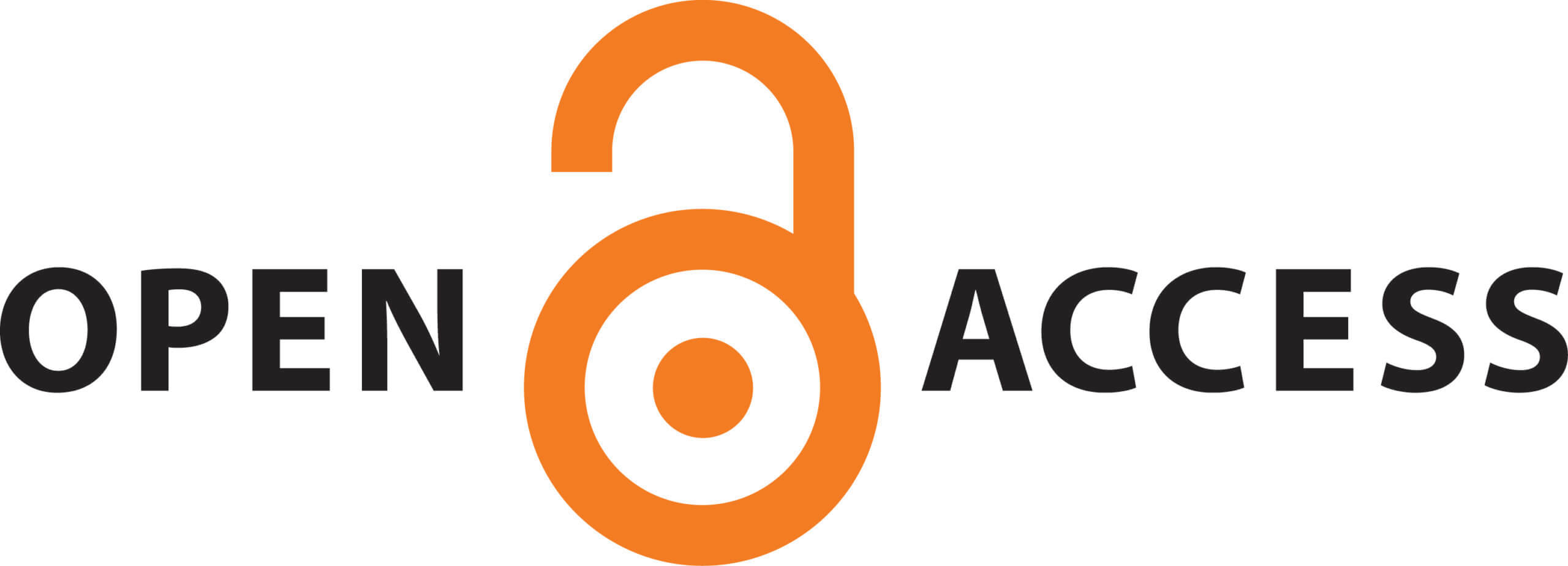Social Media Usage by Teenager and Adult Students and Its Impact on Their Academic Performance and Mental Health: A Post COVID19 Comparative Analysis
DOI:
https://doi.org/10.24312/ucp-jbp.02.01.332Keywords:
Social media usage, Students academic performance, Mental health, Higher education, COVID19Abstract
Based on parents’ and psychologists’ concerns over the young generation's excessive use of social media, this research examines its effect on teenagers' and adult students’ academic performance and mental health after the outbreak of the COVID19 pandemic. The researchers collected data from students studying at public and private educational institutions through convenience sampling techniques. Structural analyses indicated significant adverse effects of social media usage on students’ mental health. In specific ways, it has been found to increase students' academic productivity, both teenagers and adults, allowing them to expand their scope of learning. This study has explored the societal impact of excessive reliance on unregulated social media platforms, leading to notable shifts in behavior including increased social isolation, diminished empathy, and various physical health complications. Recognizing and addressing the detrimental effects of the aforementioned factors will prove advantageous for both parents and teachers, as it will help to curtail excessive reliance on social media.
Downloads
Published
Issue
Section
License
Copyright (c) 2024 UCP Journal of Business Perspectives

This work is licensed under a Creative Commons Attribution-NonCommercial 4.0 International License.







